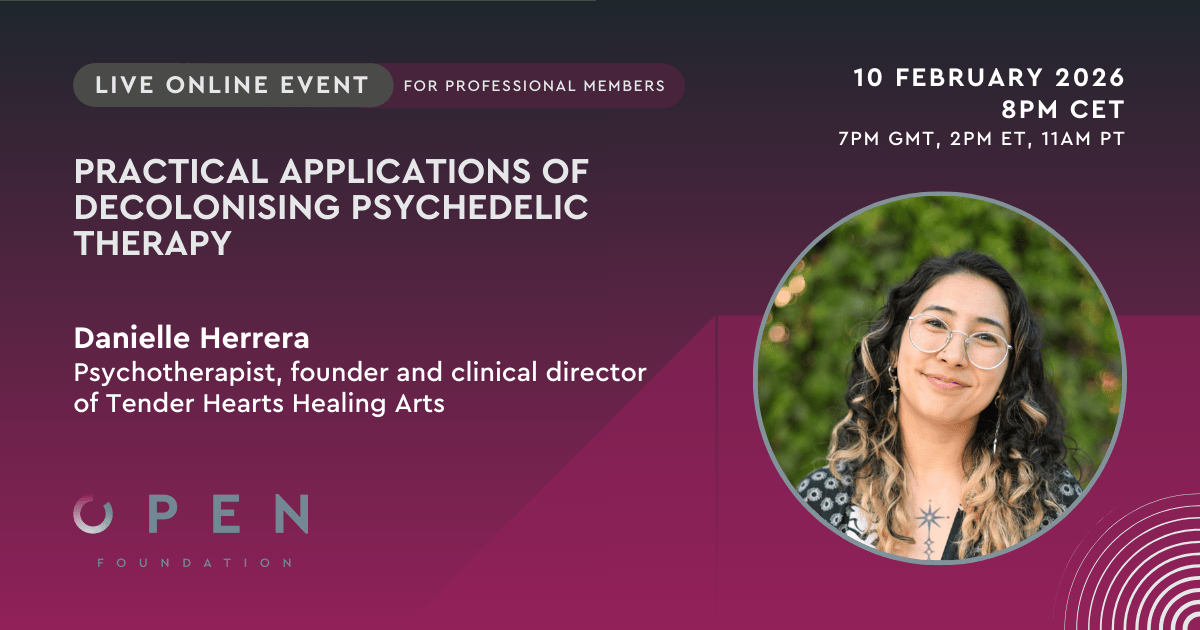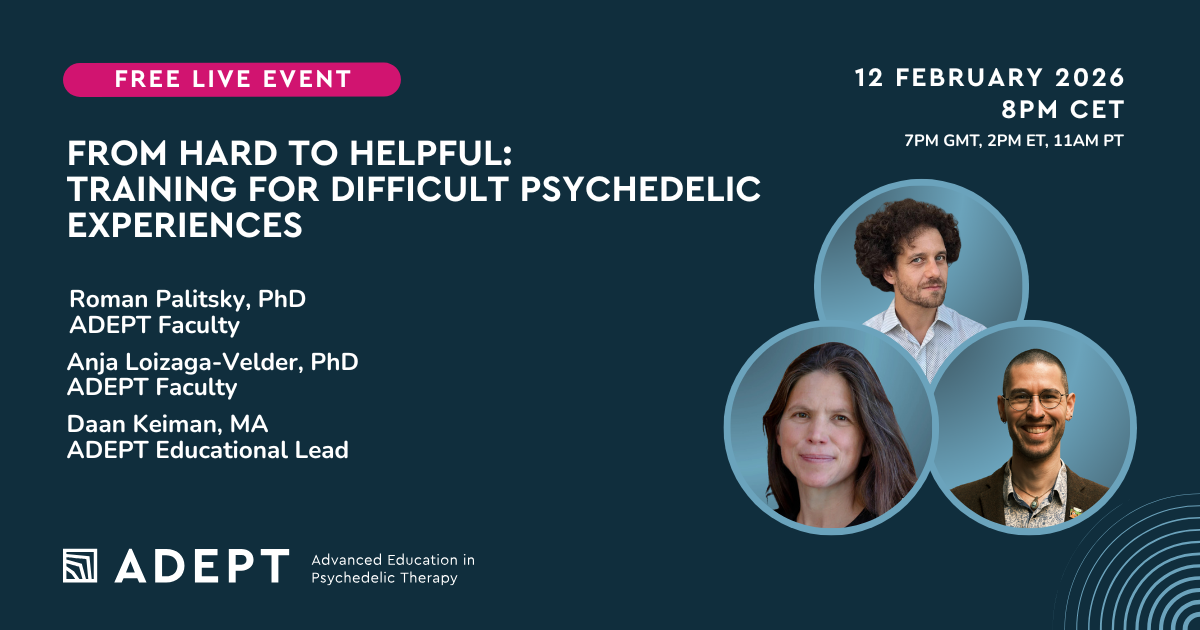Abstract
Background
Research suggests that mindfulness-based interventions may improve mindfulness-related capacities (e.g., decentering, non-judging, and non-reacting) and emotion regulation. Previously, our group reported that ayahuasca could be a potential analogue of mindfulness practice. The main aim of the current study was to examine the effects of ayahuasca on emotional regulation and mindfulness-related capacities. Secondarily, we sought to explore the effects of ayahuasca on individuals with borderline personality disorder (BPD) traits.
Method
This is an observational study of 45 volunteers who participated in an ayahuasca session. The volunteers completed various self-report instruments designed to measure emotional dysregulation (Difficulties in Emotion Regulation Scale (DERS)) and mindfulness traits (Five Facet Mindfulness Questionnaire (FFMQ)–Short Form and Experiences Questionnaire (EQ)) prior to and 24 h after the ayahuasca session. The volunteers were divided into two subgroups based on their score on the McLean Screening Instrument for BPD (MSI-BPD). Twelve participants were grouped into the BPD-like traits subgroup while the rest of them were included in the non-BPD-like subgroup. We performed within-subjects and between-group analyses.
Results
Overall, the participants showed significant improvements on the FFMQ subscales observing, acting with awareness, non-judging, and non-reacting and also significantly improved on decentering (EQ scale) and on the DERS subscales emotional non-acceptance, emotional interference, and lack of control. The BPD-like subgroup also showed significant improvements on the DERS subscales emotional interference and lack of control but not in mindfulness capacities.
Conclusions
These findings suggest a potential therapeutic effect for ayahuasca in emotion regulation and mindfulness capacities (including decentering, acceptance, awareness, and sensitivity to meditation practice). Based on these results, we believe that ayahuasca therapy could be of value in clinical populations, such as individuals with BPD, affected by emotion dysregulation.
Domínguez-Clavé, E., Soler, J., Pascual, J. C., Elices, M., Franquesa, A., Valle, M., … & Riba, J. (2018). Ayahuasca improves emotion dysregulation in a community sample and in individuals with borderline-like traits. Psychopharmacology, 1-8., 10.1007/s00213-018-5085-3
Link to full text











